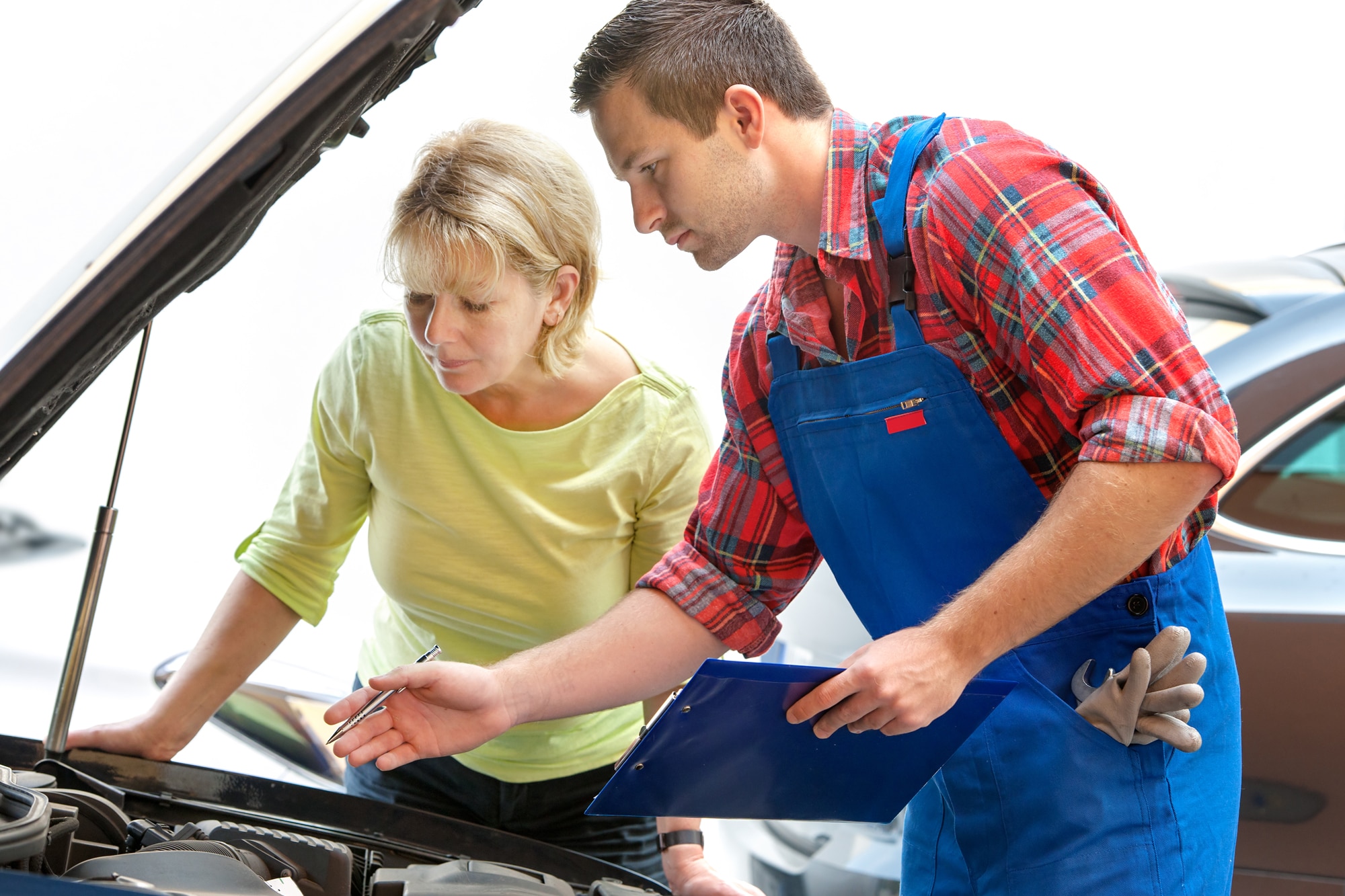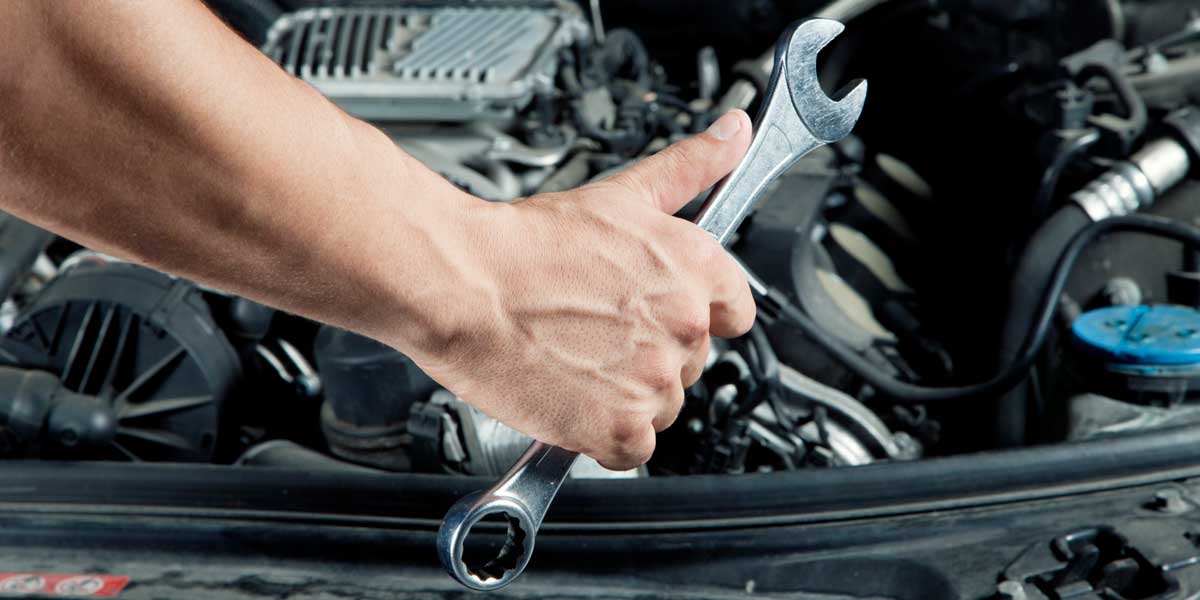All Categories
Featured
A car getting too hot can be a demanding circumstance, particularly if it happens unexpectedly. High engine temperature levels can cause severe damages otherwise addressed immediately. Recognizing what to do when your cars and truck overheats and recognizing how to stop it can save you from costly fixings and guarantee your security when traveling.
![]()
If Your Cars and truck Gets too hot,What to Do. Pull Over Securely. As soon as you observe indicators of overheating-- such as heavy steam rising from the hood, an increasing temperature scale, or cautioning lights-- pull over to a secure area. Shut off the engine right away to stop more damages.
Shut Off the a/c and Activate the Heating system. Transform off the air conditioning to decrease engine lots and button on the heating unit if you're unable to draw over right away. This redirects warm far from the engine and right into the cabin, which can help lower the engine temperature level briefly.
Open the Hood (with Caution) Wait for the engine to cool off prior to opening up the hood. Opening it as well soon can subject you to scalding vapor or warm fluids. Once it's safe, evaluate the engine for noticeable indicators of problem, such as leaking coolant or a broken radiator pipe.
Examine the Coolant Levels. If you have coolant or water in your lorry, add it to the tank or radiator once the engine has actually cooled. Stay clear of including chilly water to a hot radiator, as it can cause splitting.
![]()
Ask For Aid. Speak to a tow vehicle or roadside assistance if you're incapable to solve the issue or identify. Driving with an overheated engine can bring about significant damage, such as a blown head gasket or distorted engine elements.
How to Avoid Your Automobile from Overheating. Inspect Coolant Degrees Consistently. Guarantee your car always has the correct amount of coolant. Low coolant levels are among the most common sources of overheating. If required., on a regular basis evaluate the coolant reservoir and leading it off.
Evaluate Radiator and Hoses. Seek fractures, leakages, or loose connections in the radiator and hose pipes. Change any damaged parts promptly to stop coolant leakages.
Maintain Your Air Conditioning System. Flush and refill the cooling system as recommended in your lorry's proprietor handbook. Gradually, old coolant can shed its performance and fall short to safeguard the engine from overheating.
Monitor the Thermostat and Water Pump. A malfunctioning thermostat or water pump can disrupt the cooling system's feature. Have actually these components evaluated throughout routine maintenance to capture issues early.
Stay Clear Of Overloading Your Car. Too much weight puts additional strain on the engine and air conditioning system. Keep your load within the producer's suggested limitations.
Watch the Temperature Level Scale. Take notice of your temperature level gauge, particularly during hot weather condition or when driving up steep slopes. Take precautions such as decreasing rate or transforming off the Air conditioner. if the scale begins to climb up.
Conclusion. Taking care of an overheated automobile doesn't have to be overwhelming if you understand what steps to take. Performing rapidly and securely can protect against further damage to your engine. To reduce the risk of getting too hot, remain on top of regular maintenance, check your air conditioning system, and drive properly. With appropriate care, you can maintain your engine running efficiently and prevent the inconvenience of an overheated automobile.

If Your Cars and truck Gets too hot,What to Do. Pull Over Securely. As soon as you observe indicators of overheating-- such as heavy steam rising from the hood, an increasing temperature scale, or cautioning lights-- pull over to a secure area. Shut off the engine right away to stop more damages.
Shut Off the a/c and Activate the Heating system. Transform off the air conditioning to decrease engine lots and button on the heating unit if you're unable to draw over right away. This redirects warm far from the engine and right into the cabin, which can help lower the engine temperature level briefly.
Open the Hood (with Caution) Wait for the engine to cool off prior to opening up the hood. Opening it as well soon can subject you to scalding vapor or warm fluids. Once it's safe, evaluate the engine for noticeable indicators of problem, such as leaking coolant or a broken radiator pipe.
Examine the Coolant Levels. If you have coolant or water in your lorry, add it to the tank or radiator once the engine has actually cooled. Stay clear of including chilly water to a hot radiator, as it can cause splitting.

Ask For Aid. Speak to a tow vehicle or roadside assistance if you're incapable to solve the issue or identify. Driving with an overheated engine can bring about significant damage, such as a blown head gasket or distorted engine elements.
How to Avoid Your Automobile from Overheating. Inspect Coolant Degrees Consistently. Guarantee your car always has the correct amount of coolant. Low coolant levels are among the most common sources of overheating. If required., on a regular basis evaluate the coolant reservoir and leading it off.
Evaluate Radiator and Hoses. Seek fractures, leakages, or loose connections in the radiator and hose pipes. Change any damaged parts promptly to stop coolant leakages.
Maintain Your Air Conditioning System. Flush and refill the cooling system as recommended in your lorry's proprietor handbook. Gradually, old coolant can shed its performance and fall short to safeguard the engine from overheating.
Monitor the Thermostat and Water Pump. A malfunctioning thermostat or water pump can disrupt the cooling system's feature. Have actually these components evaluated throughout routine maintenance to capture issues early.
Stay Clear Of Overloading Your Car. Too much weight puts additional strain on the engine and air conditioning system. Keep your load within the producer's suggested limitations.
Watch the Temperature Level Scale. Take notice of your temperature level gauge, particularly during hot weather condition or when driving up steep slopes. Take precautions such as decreasing rate or transforming off the Air conditioner. if the scale begins to climb up.
Conclusion. Taking care of an overheated automobile doesn't have to be overwhelming if you understand what steps to take. Performing rapidly and securely can protect against further damage to your engine. To reduce the risk of getting too hot, remain on top of regular maintenance, check your air conditioning system, and drive properly. With appropriate care, you can maintain your engine running efficiently and prevent the inconvenience of an overheated automobile.
Latest Posts
Optimize Your Cost Savings with Love My Credit Scores Union Incentives
Published Apr 19, 25
1 min read
Optimize Your Savings Possible with WyHy MAX Money Market
Published Apr 19, 25
1 min read
Full Circle Strategic Marketing - Own Search Rankings with Winning SEO Tactics
Published Apr 19, 25
2 min read
More
Latest Posts
Optimize Your Cost Savings with Love My Credit Scores Union Incentives
Published Apr 19, 25
1 min read
Optimize Your Savings Possible with WyHy MAX Money Market
Published Apr 19, 25
1 min read
Full Circle Strategic Marketing - Own Search Rankings with Winning SEO Tactics
Published Apr 19, 25
2 min read